Luz Rodriguez was born to Puerto Rican parents who migrated to NYC in the 1950’s. When she was a young girl growing up in the Lower East Side of New York…
Read moreNon-profit visionary starts consulting company in her 60s
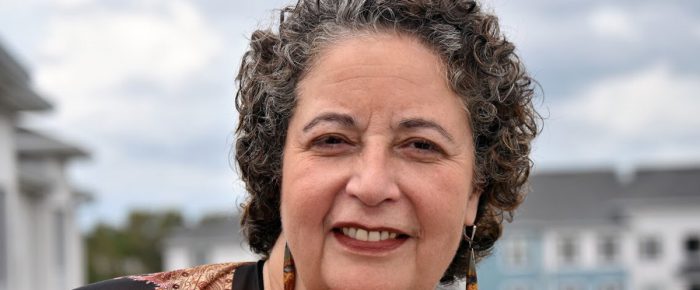

Luz Rodriguez was born to Puerto Rican parents who migrated to NYC in the 1950’s. When she was a young girl growing up in the Lower East Side of New York…
Read more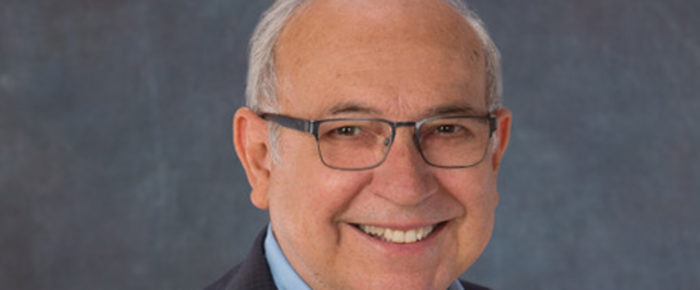
Francisco Stork’s youth was so compelling that it makes for a great novel. He was born in Monterrey, Mexico in 1953 to a single mother from a middle class family in Tampico (a city on…
Read more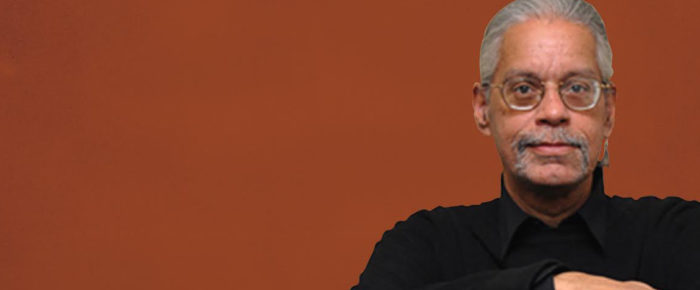
Bobby Gonzalez has had practically every job you could think of — from a medical records clerk in a hospital to customer service at a utility company. However, he says…
Read more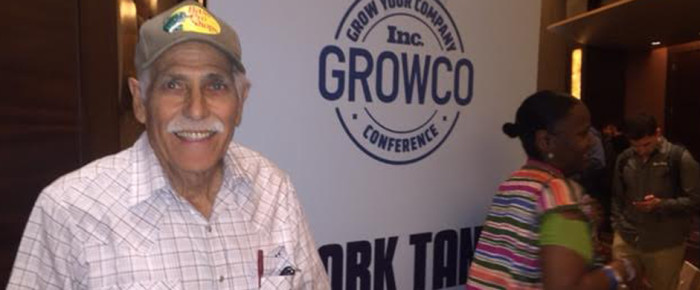
Steve Albin grew up in the Santa Clara Valley prune orchards in northern California and has lived in nearby Los Altos his entire life. He has always appreciated the little…
Read more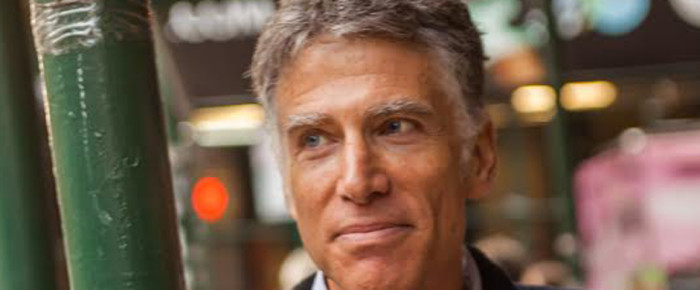
For the majority of his life, John Tarnoff says he “was all over the place.” Growing up in New York, he thought he wanted to be an architect, a journalist,…
Read more